Kashmiri man jailed in Saudi Arabia for sending phone number to Iran
By Syed Zafar Mehdi
It was another melancholic Eid at the Mir household in central Kashmir's Budgam district on Sunday, with Sara Begum's gaze fixed on the door, anticipating a knock.
Since her young son was jailed in Saudi Arabia two years ago, the smile has vanished from the grief-stricken mother's wrinkled face. The festivities of Eid have also turned gloomy amid the endless wait.
Javaid Ahmad Mir, 37, has been languishing at a notorious detention facility in the kingdom's eastern city of Dammam since March 18, 2020, apparently for sending his WhatsApp number over Facebook to another user in Iran.
The father of a three-year-old girl, Javaid worked as a supervisor at a Chinese food chain in Dammam. His arrest came shortly after he had shared his number, people close to him revealed to the Press TV.
His elder brother Sajad Hussain Mir, speaking exclusively to the Press TV, said the distraught family has been running from pillar to post to secure his release from Saudi captivity, but they have been turned away virtually everywhere.
Javaid went to Saudi Arabia in December 2014, then 29, after finding a job in Noodles International Trading Company, a Chinese-operated fast food chain in the kingdom, his brother said, adding that the purpose was to financially support his family, which belongs to the lower economic strata.
In 2016, he traveled back to Kashmir and spent a few months at home before heading back to the kingdom, covering a distance of around 5,000 km on both sides. His next trip home came in April 2018, when he got married, followed by another visit in December that year.
"Everything was going well," Sajad told the Press TV over the phone. "In 2019, following the abrogation of Kashmir's special status and the subsequent suspension of mobile and internet services, we lost contact with him for several months, during which his daughter was born."
In early 2020, Javaid was planning to visit Kashmir to see his newborn daughter, Sajjad said, but the global outbreak of COVID-19 and the suspension of international flights forced him to shelve the plan.
"On March 18, 2020, at around 12:30 pm local time in Saudi Arabia, he was arrested by the Saudi police," the elder brother said, adding that the family was informed about it by one of his colleagues the next morning.
"For one month, we heard nothing from him, we had absolutely no information about his whereabouts, his well-being," said Sajjad, who helps his father with walnut farming.
Almost a month later, on April 14, the phone rang suddenly and it was Javaid himself. He spoke to his mother and said he was well. And then the contact was again lost.
"During this time, we approached India's foreign ministry as well as the Indian embassy in Riyadh," Sajjad said. "But they said offices in Saudi Arabia were closed due to the pandemic and expressed their inability to help".
On July 17, 2020, the family received an email from the Indian embassy in Riyadh, saying they had spoken to Javaid and that he was in jail for a "security-related matter".
The embassy email further stated that someone named Imtiyaz had messaged Javaid on Facebook messenger asking for his WhatsApp number. As per Javaid's admission, he shared the number out of good faith, assuming that the person needs help with a job in Saudi Arabia.
Javaid told the embassy officials that during the police interrogation he was asked about his contacts with Imtiyaz, a seminary student in the Iranian city of Mashhad.
"During his interrogation by Saudi agencies, he learned that Mr. Imtiyaz was based in Iran, and Saudi agencies suspected him to be a security threat to Saudi Arabia. He said that he had provided his WhatsApp number to Mr. Imtiyaz in good faith and had no clue that for this reason he would be arrested by Saudi agencies,” the email stated.
By that time, Sajjad said, they had lost direct contact with Javaid and all they could do was approach high-level authorities from India's Prime Minister Narendra Modi to Foreign Minister S. Jaishankar to Minority Affairs Minister Mukhtar Abbas Naqvi.
Javaid's trial began recently and the two hearings so far have failed to produce any breakthrough. In the first hearing, Javaid was asked by the court to hire a private lawyer for himself, which he said he couldn't afford. In the second hearing, a lawyer appointed by the court failed to show up. The third hearing is scheduled for next month.
"We don't know how to hire a private lawyer there and our financial condition isn't so good," Sajjad lamented. "His daughter will turn 3 this September and she still hasn't seen her father, his wife has got depression, our mother suffers from a heart ailment and our father has his own health complications."
After the recent mass executions in the Saudi kingdom, most of them members of the minority Shia community, Javaid's family feared he could have been one of them.
"There is an acute feeling of helplessness emanating from deep concerns about his safety and well-being," Sajjad said. "But there is also a flicker of hope, for truth, for justice".
Meanwhile, Press TV reached out to Imtiyaz Hussaini, a Kashmiri student in Iran's northeastern city of Mashhad, who had asked for Javaid's WhatsApp number that apparently led to his arrest.
Hussaini admitted that he had a brief chat on Facebook with Javaid, whom he had known for a few years, in March 2020, and asked for his number as he was planning a visit to Saudi Arabia.
"I was planning to go to Saudi Arabia that time and reached out to Javaid as I thought he could be a good help and guide," Imtiyaz told Press TV, saying he had no inkling that Javaid has been arrested, until only three months ago when he learned about it from an acquaintance.
“It came as a massive shock, especially when I learned that his arrest has been linked to our very brief and uncontroversial 2020 Facebook chat,” Imtiyaz, who has been studying in Iran since 2015, remarked.
He said he has been trying to establish contact with the Saudi authorities in both Riyadh and Dammam, “to present the real account” and to help in securing Javaid’s release, but to no avail.
Political and legal analysts who are following the case told Press TV that the “Iran-Saudi regional rivalry” could have complicated this case.
“One person is in Iran, the other is in Saudi Arabia, and social media pages of both show they have been vocal about their advocacy of issues such as Yemen and Palestine,” said an analyst, adding that the Saudi security and intelligence agencies are “sensitive” to it.
Also, since Javaid had reportedly made a few trips to Iran as a pilgrim, before and after his employment in Saudi Arabia, could have triggered the Saudi agencies, an informed source told Press TV.
In recent years, arbitrary arrests and other human rights violations in the kingdom have assumed alarming proportions, with hundreds of thousands of youth behind the bars, including foreign nationals.
Sajjad said he and his family members are willing to travel to Saudi Arabia “if that helps in Javaid’s release”. Imtiyaz seconded him, saying he is also “willing to cooperate in investigations” as there is “nothing to hide.”
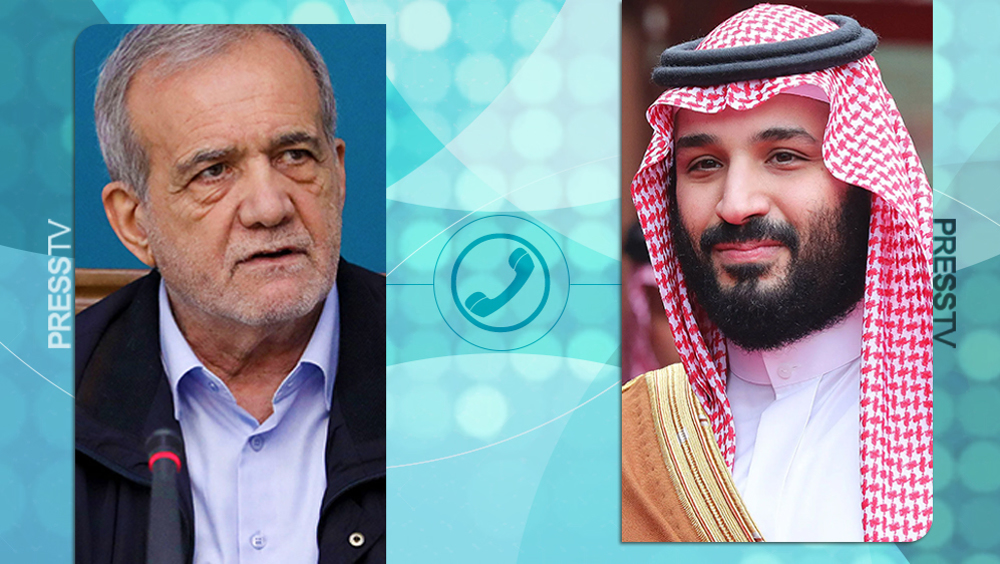
Pezeshkian: Iran's capability in defending itself at highest level
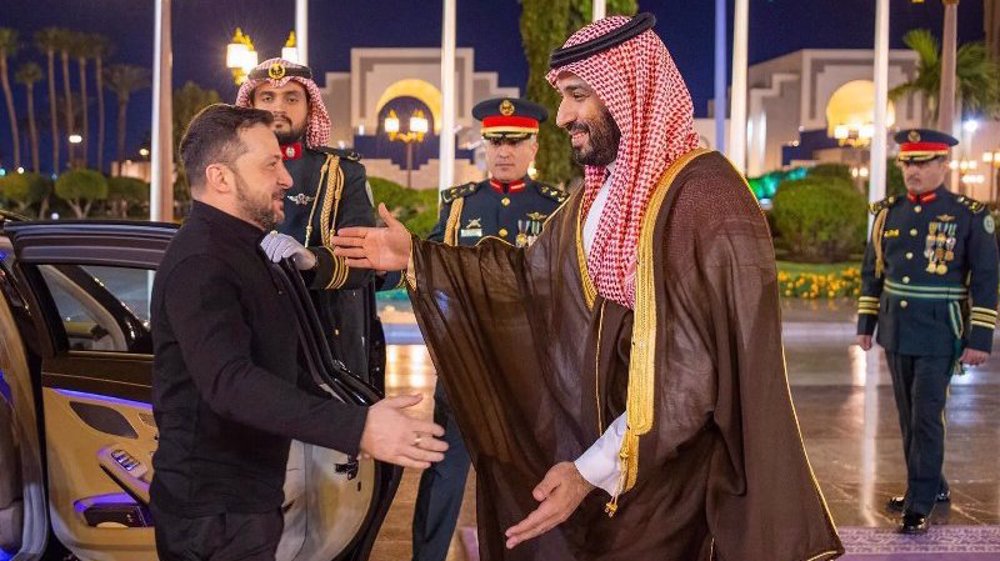
Zelensky in Saudi Arabia for support after clash with Trump in US
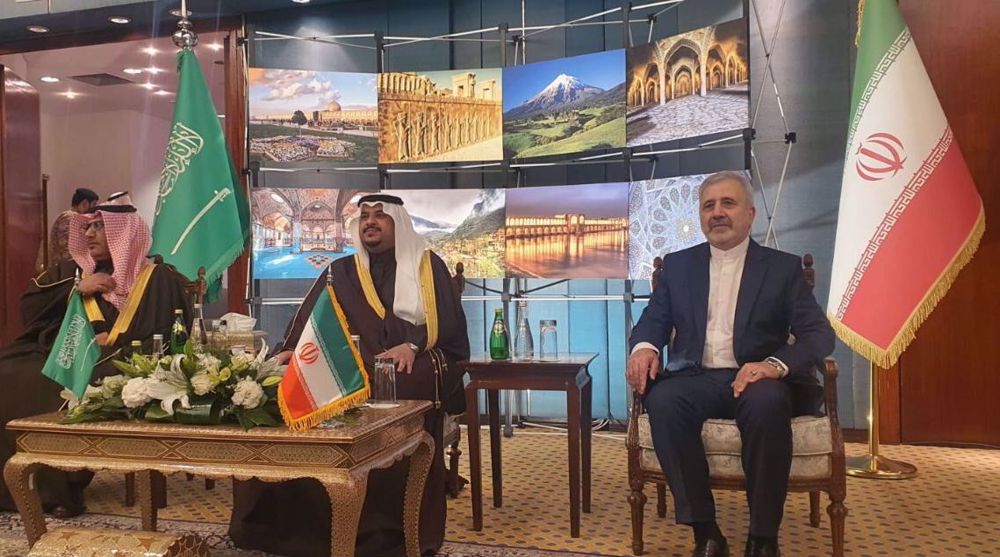
Tehran, Riyadh expanding, deepening mutual cooperation: Iran’s ambassador
Nigerian security agents plan fresh attacks on followers of Sheikh Zakzaky in Abuja: Report
Bill to seize mosques in India gains presidential assent
Over 600,000 children in Gaza at risk of ‘permanent paralysis’: Ministry
VIDEO | US, Europe anti-Trump protests
Yemen accuses US of targeting civilians in Eid airstrike
VIDEO | US bombing campaign fails to deter Yemen
Hamas calls for mass participation in general strike in West Bank
Europe standing on wrong side of history by appeasing Israel: Iran


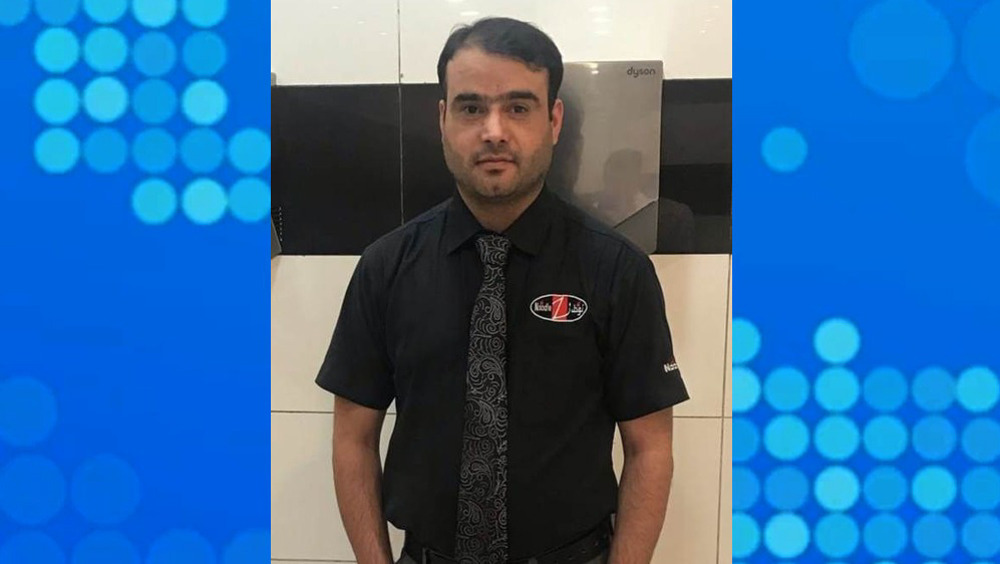



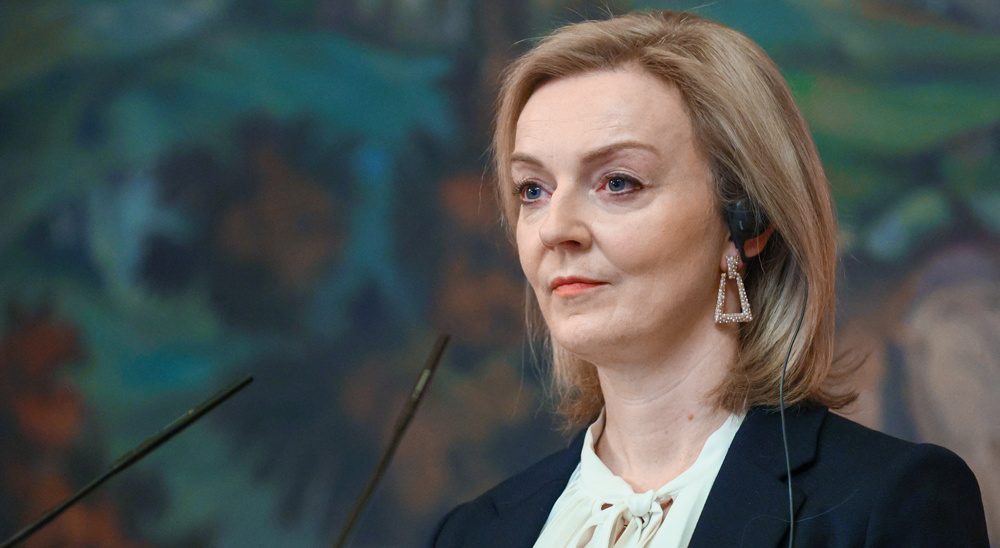
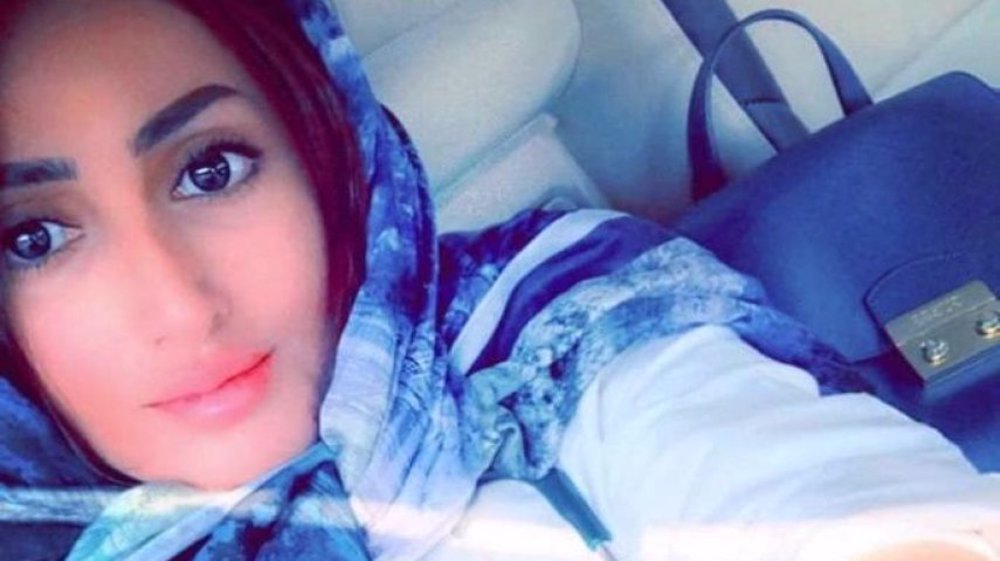
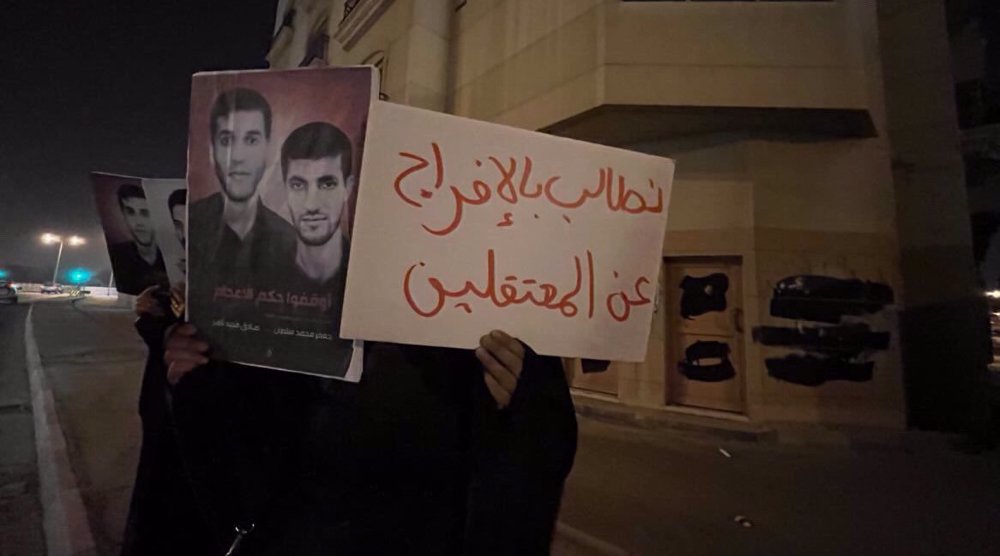
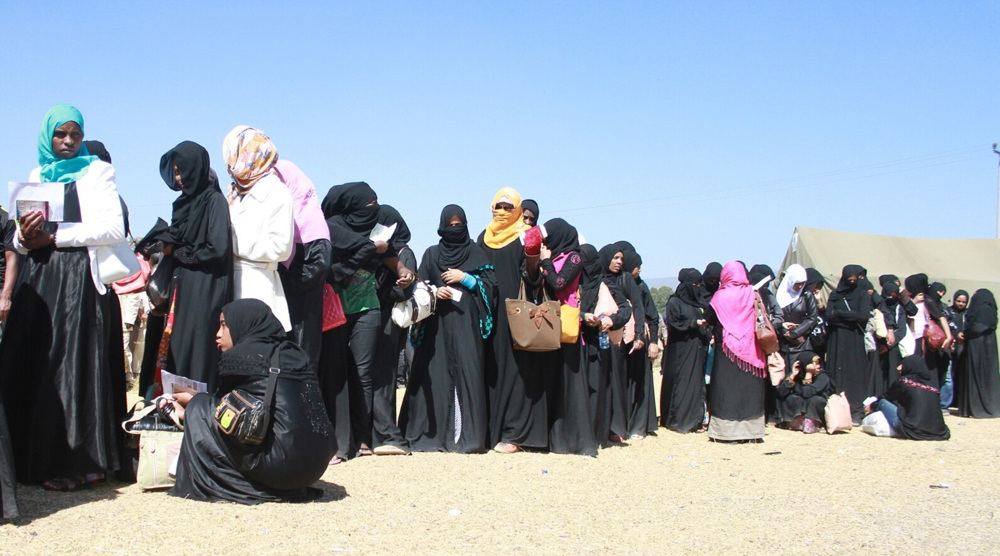
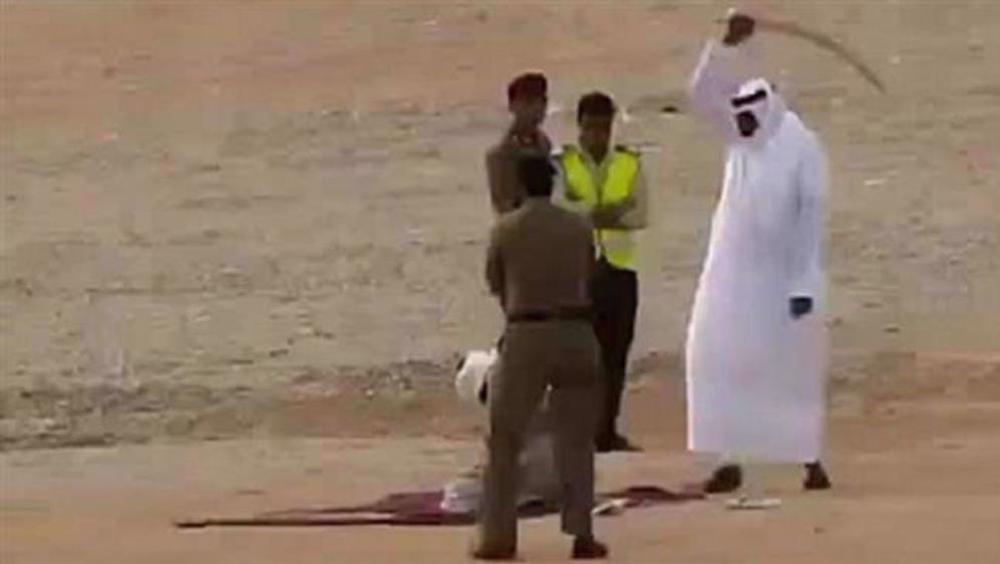

 This makes it easy to access the Press TV website
This makes it easy to access the Press TV website